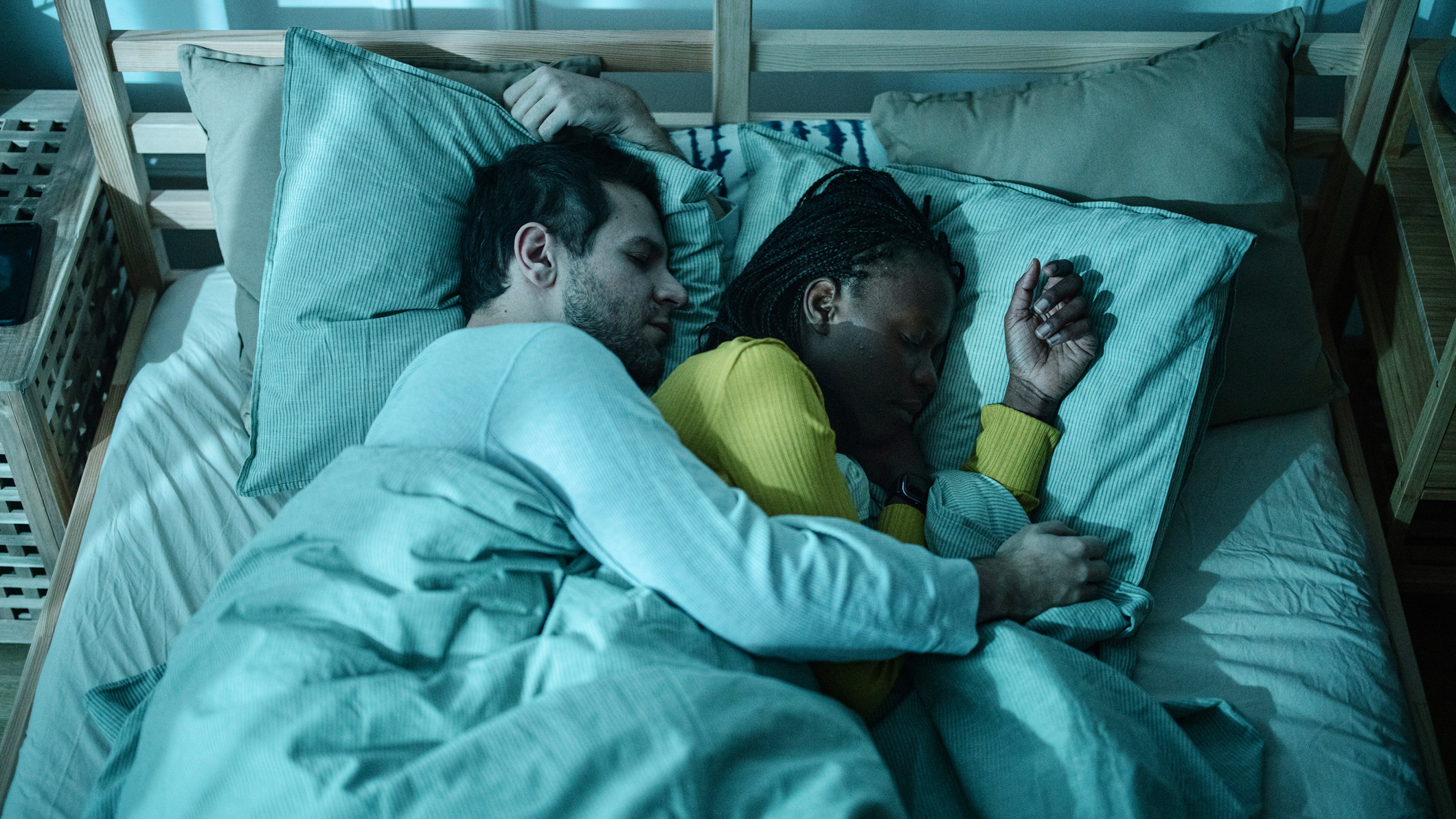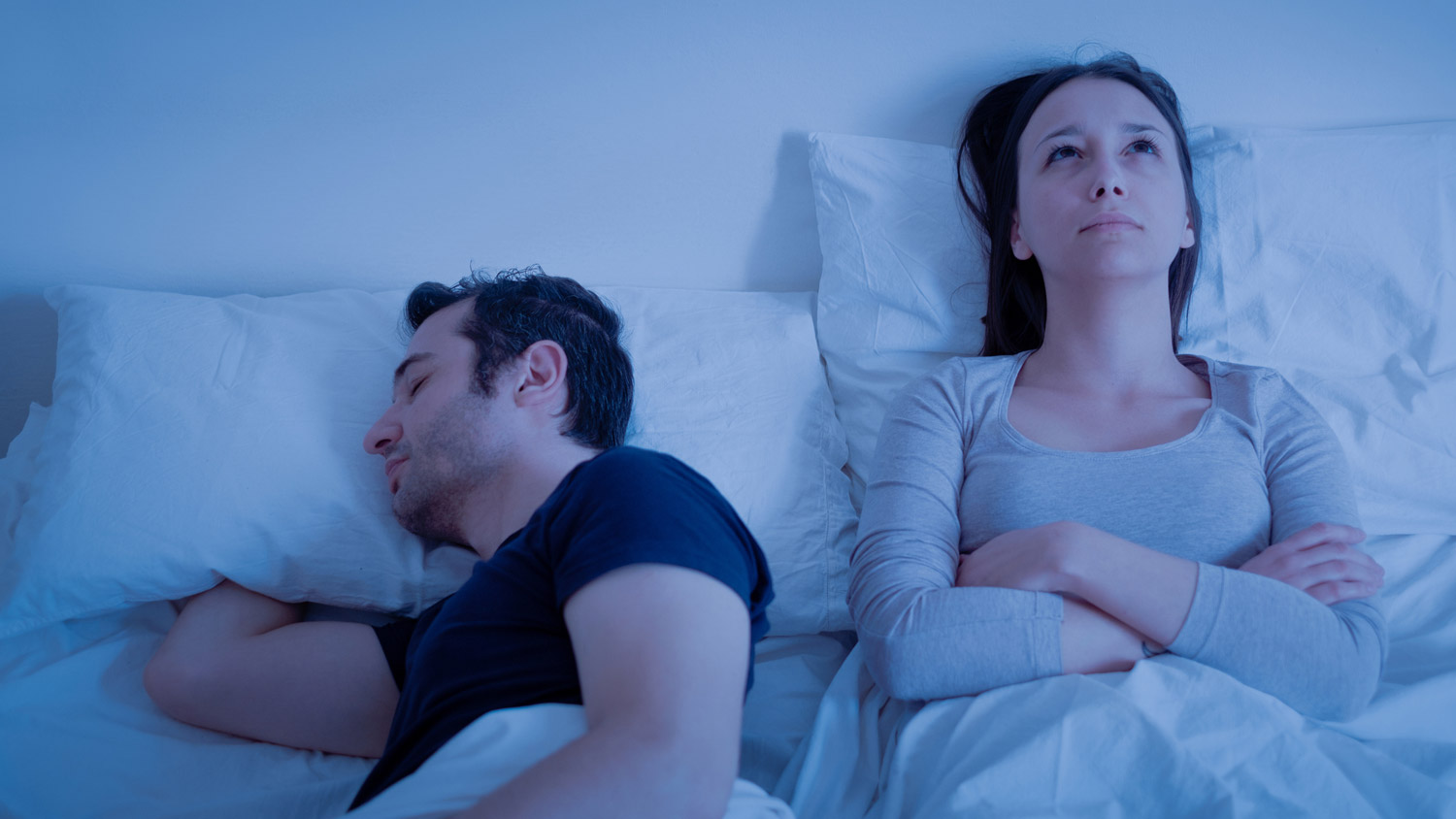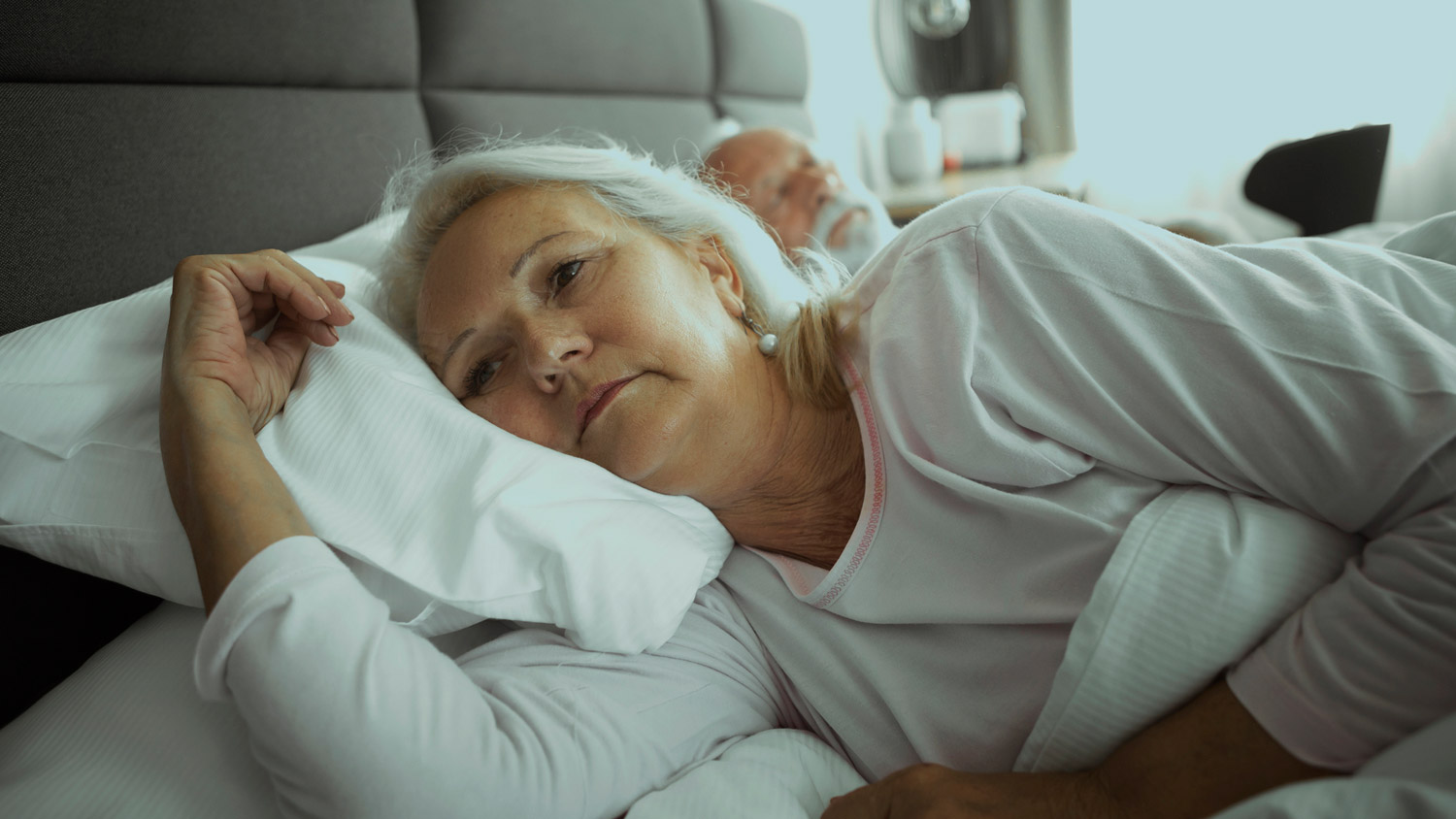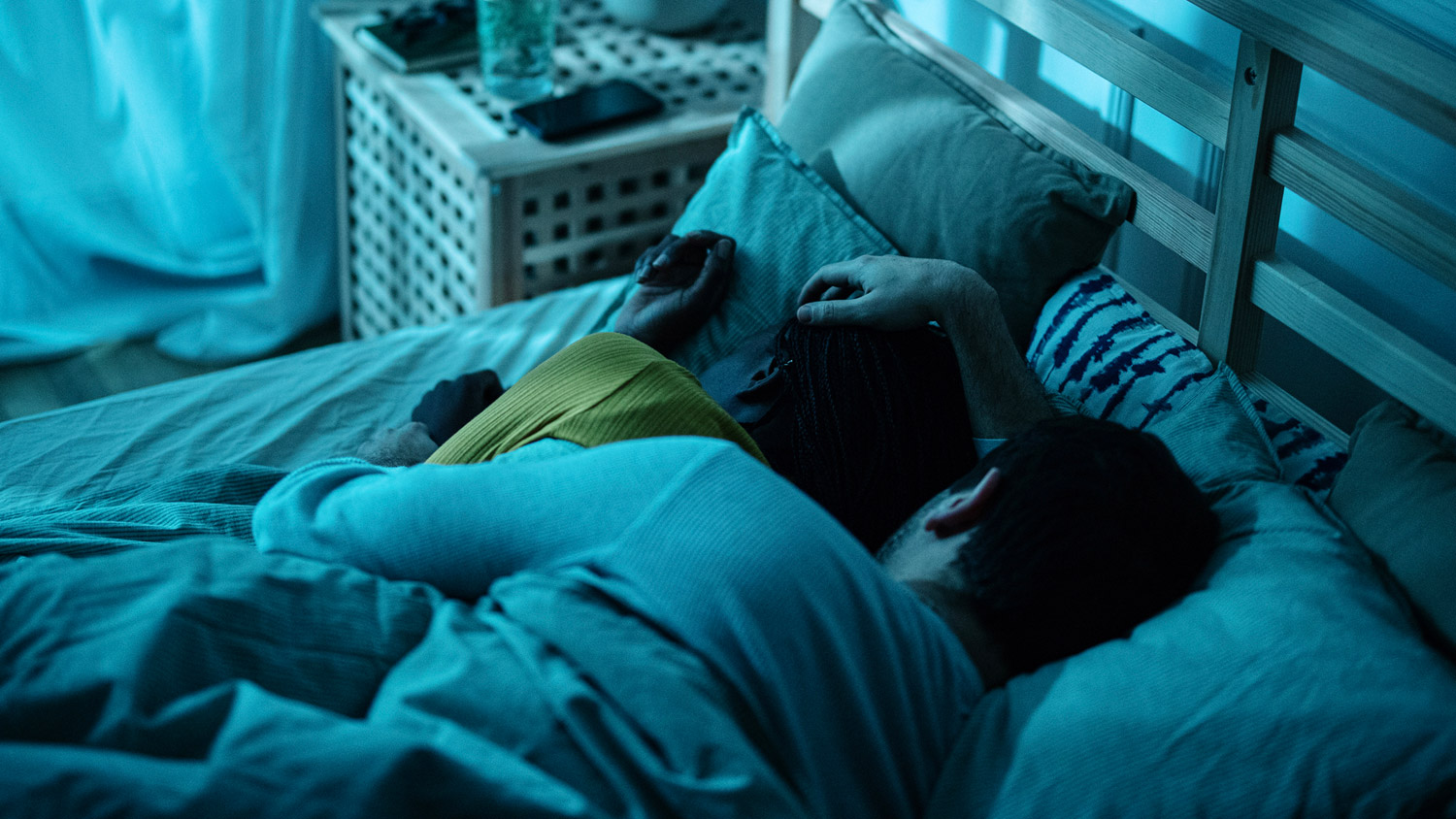When you purchase through links on our site, we may earn an affiliate commission.Heres how it works.
The quantity and quality of your nightly shuteye hinges upon countless factors.
But have you ever wondered if certain predispositions out of your control contribute to your sleep issues?

Are there unavoidable differences in sleep between men and women?
These questions, answered ahead.
Is sleep different between the sexes?

But thats not all.
Gender-based social roles and expectations can also lead some women to experience poorer markers of sleep.
How is sleep different between men and women?

Pregnancy
Anatomical and physiological changes affect sleep, shares Dr. Weiss.
Increased incidences of obstructive sleep apnea and insomnia are also associated with this life stage, she adds.
Will sex and gender always dictate how well you sleep?

Age is yet another potential contributor to sleep parameterseven within the sexes.
This is a good thing, especially since gender-specific research is relatively new in the field.
Men predominantly led science, and these topics needed to be better explored.
(Obstructive sleep apnea, for instance, has long been regarded as male-specific sleep disorder.
Scientists are investigating hormonal, behavioral, and brain changes during postpartum and menopause, Dr. Weiss adds.
In addition, sleep research on transgender and nonbinary (TGNB) individuals is in its infancy.
All things considered,most adults require 7 to 9 hours of sleepper night.
These needs range may vary due to age, health status, and sleep disorders.
If youre unable to log this amount of sleepwithout frequent awakenings and disruptions to your sleep cyclesconsult your physician.
Dr. Carleara Weiss is a Research Assistant Professor at the University at Buffalo, State University of New York.